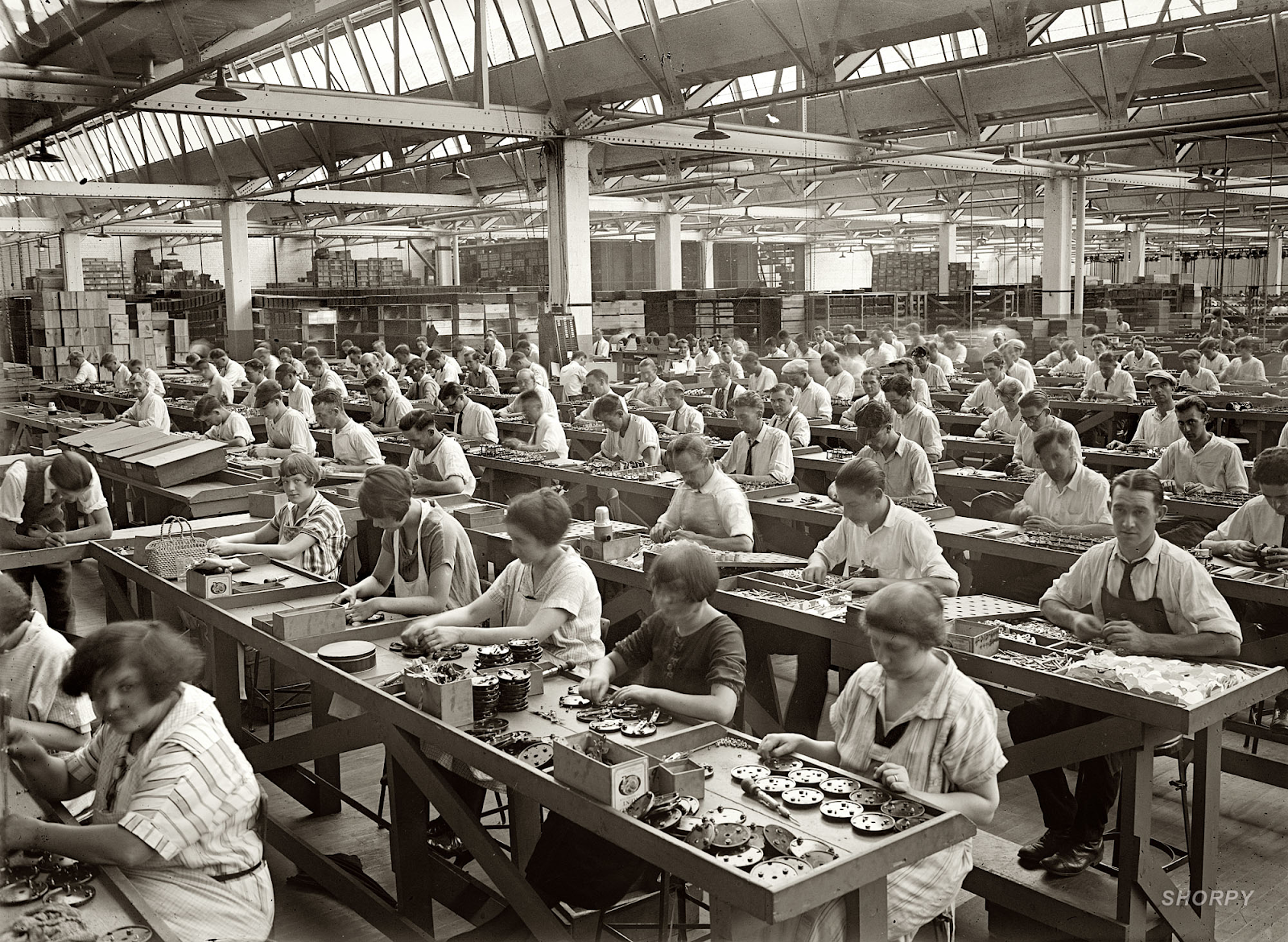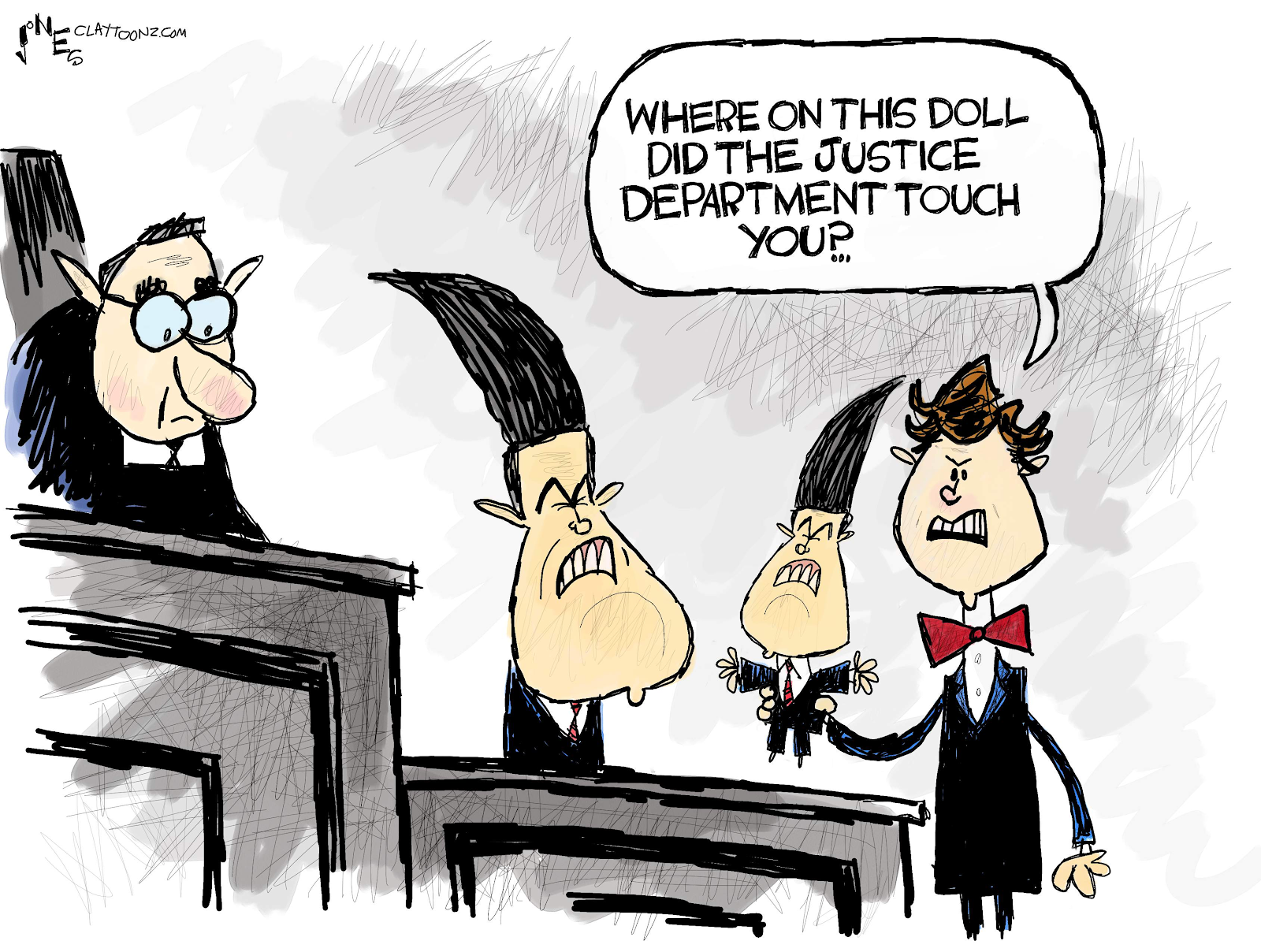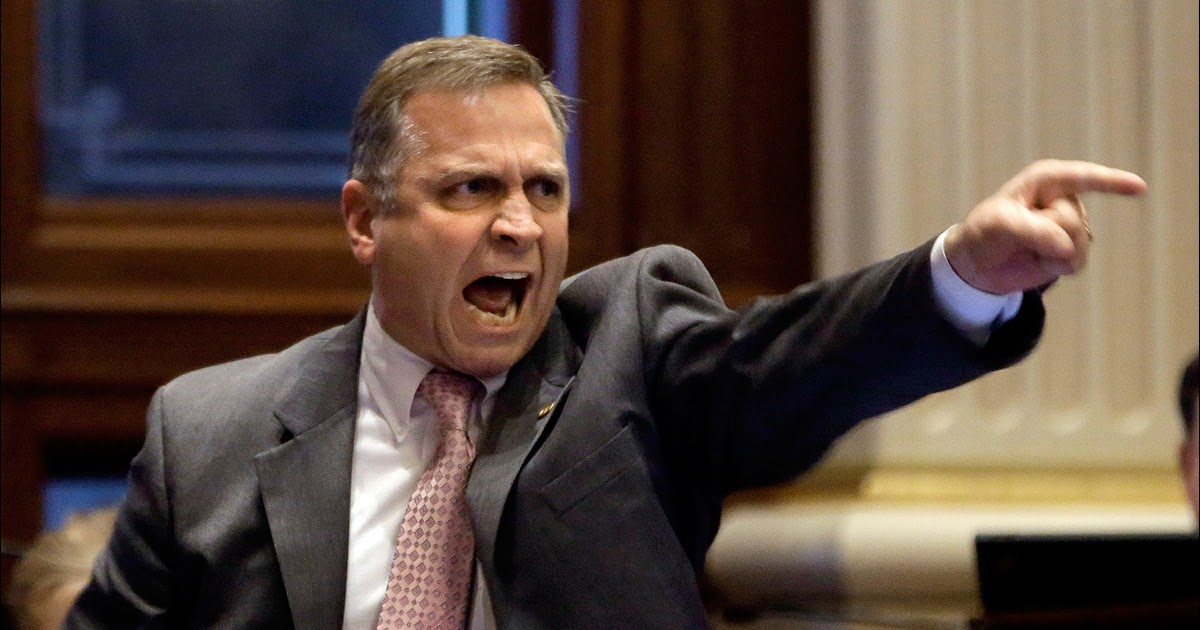Harry Fender worked in the Office of the Deputy Assistant Secretary in the Department of ______which occupied a sprawling four square block building and employed thousands who, said one Washington wag, could be reduced by half and no one would notice.
Yet Fender took his job very seriously, untroubled by the flow of papers that circulated through his office and onward and upward through the bureaucracy. Such layering was an assurance of democratic process - decisions that were participatory and inclusive could not be taken without due deliberation of many; and in such a multivariate democracy such as America's there were many bases to be touched.
While he worked in Accounting - keeping track of the federal billions that were channeled from Congressional decree to local states and municipalities - his business could not be transacted without the imprimatur of other departmental units - Diversity, Equity, and Inclusion, labor, producers and suppliers, investors, lobbyists, philanthropic organizations, and many more.
Not surprisingly, few of these units ever agreed. One farm subsidy entitlement passed unanimously by the House got stalled in the Department of Agriculture by a hardline group of gender activists who objected both to the language of the legislation and its intent. Too few women were to be directly benefited by the bill, and would be terminally consigned to egg baskets and drawing water. The generous allocation by Congress should not only be allocated for machinery, well-drilling, and mega-crop management, but 'ground-level' activity, i.e. that of women.
The Department of Social Welfare was the worst, dealing as it did with the most contentious political issues of the times. Not only who should be entitled to welfare and how much; but when, how, and how much should beneficiaries contribute and pay back The Department of Health and Human Services was just as bad, riven by partisan politics from the day COVID came to America.
So after many years in government Harry Fender was used to infighting, squabbles, and petty distinctions; but reckoned that the job of a good bureaucrat was to filter, strain, and purify and to produce a product which, although not ground-breaking or innovative, was workable - a good compromise.
When the government shut down, as it did periodically, the fracas on the fifth floor and the ninth and in the rest rooms and by the coffee machines stopped. The corridors were quiet, and only a few office lights remained on - Harry's one of them. Although most employees were furloughed, the shutdown order specified that someone must remain to show the flag - or in the language of the legislation, 'Assure continuity and decorum'; so it fell on Harry to keep the lights on.
He was not allowed to work, however - the administration had temporarily suspended Internet access, and intelligent algorithms monitored screen time on every open computer - and so he settled in to days of long lunches, walks in the park, and the occasional movie.
While Henry was a serious, dedicated worker, he enjoyed these days of enforced leisure. Because they were mandated, he never felt guilty about his excursions, his outdoor cafes, and his early sundowners at the Olde Ebbitt Grille. He knew that everyone - Congress, the White House, the bureaucracy, and the people of America - needed and depended on government, and it would soon be back.
However, most Americans hardly even noticed. The business of America is business said 'Engine' Charlie Wilson, Texas Congressman and private sector advocate; and so it was. The government might be closed, said businessmen and women at every level of the economy, but our doors are open,
If fact many were delighted to get government out of their hair. The government business of regulation - invasive, intrusive, obstructionist - paused, and the machinery of supply and demand economics cranked out products, financial instruments, buyouts, takeovers, faster than ever.
Local banks continued to loan, small shops and salons kept selling and servicing, and only die-hard environmentalists who could not hike the national trails of Yellowstone or the Blue Ridge, were inconvenienced. Congress, in passing its government closure bills was sure to add important codicils - Social Security and Welfare checks would still be in the mail, and the Post Office would remain open to deliver them.
Democrats who had the most at stake in government closures - they were the party of big government - worried about public sentiment. If the shutdown lasted too long and few Americans felt any pinch, conservatives might well achieve their goal of reducing if not eliminating government.
After all, what was the Department of Agriculture doing in an international free market anyway, other than doling out farm welfare? Why was there a Department of Commerce when dirigisme and state incentives were devices of socialist states; and corporations were quite able to fend for themselves in the international marketplace?
Given the longstanding local control of public education in the United States - local school boards were supreme- why was there a Department of Education? Health care in America has never been socialized or nationalized, and the private sector has guaranteed top quality health care and life-saving drugs without government. The list goes on.
Henry was glad when government returned to work. He had gotten bored with his walks up and down K Street, around the Washington Monument, back and forth along the Tidal Basin, enjoying his lattes and croissants at Starbucks and Peet's; and more than anything, he was anxious to do the nation's work.
Despite the endless papers, meetings, colloquies, revisions, retooling, and reorganizations of his department, a kernel of truth and justice was always squeezed out. It was all worth it.
Meanwhile, despite the brouhaha in Congress leading up to the shutdown, the late night meetings, the media howling and accusations, the rest of the nation was completely undisturbed; and, as Democrats rightfully feared, citizens began to wonder what the good was of government after all.
Congress was little more than a three-ring circus; the inner workings of the federal government were tangled, confused, and clotted with bureaucratic lifers; and the state legislatures and departments were no better.
There would always be the true believers, the ones for whom government would always be the protector of democratic values, champion of the poor and disadvantaged, promoter of equal rights and social justice, and the locus of good; and they were furious at any trimming of the sails of the ship of state. The legitimacy of government could not, should not, ever be challenged.
Yet more and more these voices were muted; for the more government was shut down, and the more its billions of tax monies expropriated from the electorate were wasted in fraud, misuse, and mismanagement, the less patience Americans had for government, any kind of government.
Eventually Harry Fender went back to work, happy that once more his computer was alive, meetings resumed, and his inbox filled. The kernel, he thought, the kernel. He would find it.







No comments:
Post a Comment
Note: Only a member of this blog may post a comment.